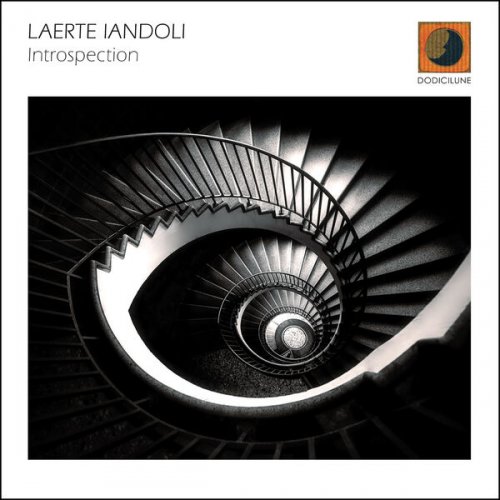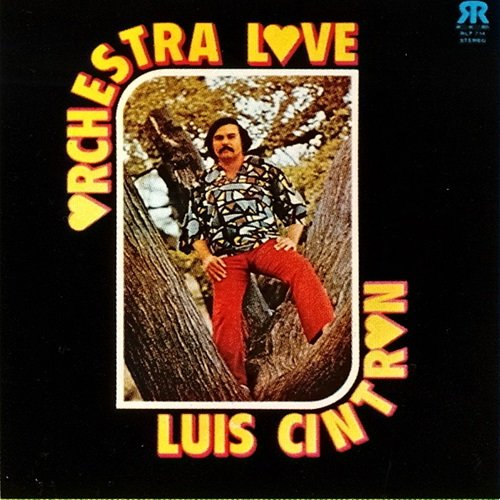Elza Soares - A mulher do fim do mundo (The Woman at the End of the World) (2015)

Artist: Elza Soares
Title: A mulher do fim do mundo (The Woman at the End of the World)
Year Of Release: 2015
Label: EMI
Genre: MPB, Latin, Bossa Nova, Samba
Quality: FLAC (tracks) / MP3 320 Kbps
Total Time: 39:24
Total Size: 256 / 100 Mb
WebSite: Album Preview
Tracklist: Title: A mulher do fim do mundo (The Woman at the End of the World)
Year Of Release: 2015
Label: EMI
Genre: MPB, Latin, Bossa Nova, Samba
Quality: FLAC (tracks) / MP3 320 Kbps
Total Time: 39:24
Total Size: 256 / 100 Mb
WebSite: Album Preview
1 Coração Do Mar 1:27
2 Mulher Do Fim Do Mundo 4:37
3 Maria Da Vila Matilde 3:44
4 Luz Vermelha 4:31
5 Pra Fuder 3:56
6 Benedita 5:05
7 Firmeza 3:32
8 Dança 3:34
9 O Canal 3:07
10 Solto 3:41
11 Comigo 2:17
Though Elza Soares' name may not be a familiar name to most Anglos, the singer -- whose career spans seven decades -- is beloved in Brazil, particularly among women, the poor, minorities, and the LGBT community. Born in a favela, she was sold by her father at age 12 for marriage. She won a talent show at 15 and began singing in clubs, but was often forced from stages because of her skin color. At 21, she was already a mother of three, had lost a child, and became a widow. She became a musical star in the late 1950s, but in the '60s she was the scourge of the press because of her relationship with a famous soccer player. The pair were exiled in 1966 by Brazil's military junta. After her partner died and she lost a second child, she resurrected her career.
Soares has carried a torch for samba, but she's also embraced jazz, rock, funk, and hip-hop. When award-winning producer Guilherme Kastrup (Badi Assad, Bruno Morais, Zeca Baleiro) approached her to record an album, he envisioned classic sambas with radical new arrangements. She wanted to cut an album about "sex and blackness." After 38 previous albums, this set is her first of new original material. Kastrup enlisted players and songwriters from the samba sugo ("dirty samba") scene, including members of Passo Torto, Bixia 70, Mena Mena, and her longtime collaborator Jose Miguel Wisnik. The Woman at the End of the World (A Mulher Do Fim Do Mundo) is a jarring, brash, soulful, deeply moving recording. Soares delivers unflinching, jagged 21st century samba songs that detail a Brazilian life not seen by tourists. Their themes are about slavery, survival against all odds, unquenchable desire, racism, violence against women, gay, and transgender people, prostitution, loss and loneliness, and rage. There is so much happening musically it is dizzying initially, almost impossible to contain. In "Pra Fuder," electro-acoustic samba is framed by a clattering, bleating acid funk that recalls the Pop Group as it meets Fela's charging multi-horn grooves and swagger. In Celso Sims' "Benedita," the composer duets with Soares. It's a rhythm collision where samba, jazz, and the punky friction of Gang of Four rub against one another, break apart, and recombine. The multi-part narrative details drug addiction, persecution of transgender and poor people by the police and celebrates the holiness of the oppressed. In the title track, amid cellos and drums and electronics, she renders a sultry samba that reflects loss, change and endurance: "...I am/I go on/Singing/'Til the end…"
Soares goes into her belly to deliver these lyrics (English translations are provided). She is passionate and commands the full measure of her grainy but disciplined contralto. The Woman at the End of the World is Soares' howl of pain, witness, and resistance that refuses all apologies and compromises. It's so nakedly emotional and powerful, it is ultimately an anthem.
Soares has carried a torch for samba, but she's also embraced jazz, rock, funk, and hip-hop. When award-winning producer Guilherme Kastrup (Badi Assad, Bruno Morais, Zeca Baleiro) approached her to record an album, he envisioned classic sambas with radical new arrangements. She wanted to cut an album about "sex and blackness." After 38 previous albums, this set is her first of new original material. Kastrup enlisted players and songwriters from the samba sugo ("dirty samba") scene, including members of Passo Torto, Bixia 70, Mena Mena, and her longtime collaborator Jose Miguel Wisnik. The Woman at the End of the World (A Mulher Do Fim Do Mundo) is a jarring, brash, soulful, deeply moving recording. Soares delivers unflinching, jagged 21st century samba songs that detail a Brazilian life not seen by tourists. Their themes are about slavery, survival against all odds, unquenchable desire, racism, violence against women, gay, and transgender people, prostitution, loss and loneliness, and rage. There is so much happening musically it is dizzying initially, almost impossible to contain. In "Pra Fuder," electro-acoustic samba is framed by a clattering, bleating acid funk that recalls the Pop Group as it meets Fela's charging multi-horn grooves and swagger. In Celso Sims' "Benedita," the composer duets with Soares. It's a rhythm collision where samba, jazz, and the punky friction of Gang of Four rub against one another, break apart, and recombine. The multi-part narrative details drug addiction, persecution of transgender and poor people by the police and celebrates the holiness of the oppressed. In the title track, amid cellos and drums and electronics, she renders a sultry samba that reflects loss, change and endurance: "...I am/I go on/Singing/'Til the end…"
Soares goes into her belly to deliver these lyrics (English translations are provided). She is passionate and commands the full measure of her grainy but disciplined contralto. The Woman at the End of the World is Soares' howl of pain, witness, and resistance that refuses all apologies and compromises. It's so nakedly emotional and powerful, it is ultimately an anthem.







![Chad Lefkowitz-Brown - City Spirit (2026) [Hi-Res] Chad Lefkowitz-Brown - City Spirit (2026) [Hi-Res]](https://www.dibpic.com/uploads/posts/2026-02/1772171883_y3mc4z2lmsr7a_600.jpg)
